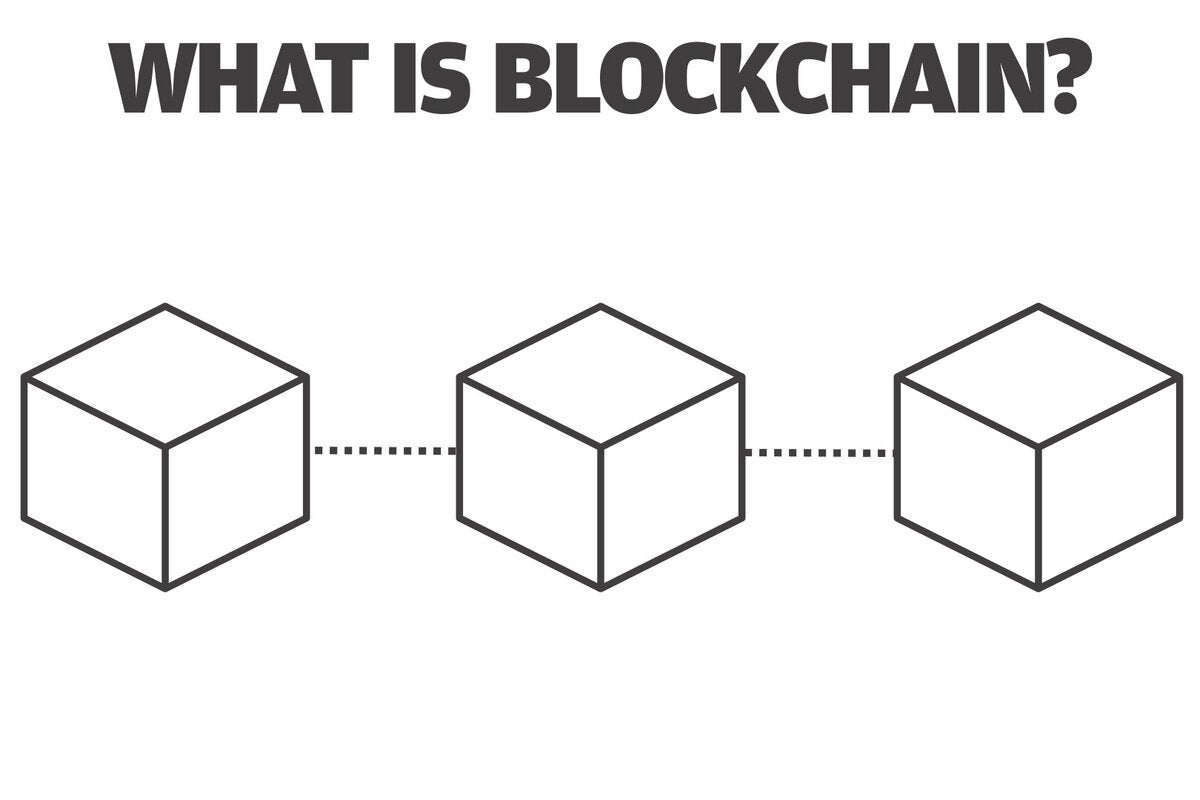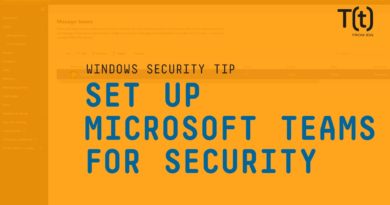What is blockchain technology?

Cryptocurrency such as Bitcoin has garnered most of the media coverage and hype to date, but keep your eye on blockchain – this new technology is poised to change IT in much the same way open-source software did a quarter century ago.
While it could take years if not decades to fully mature, blockchain will offer a new open-paradigm for developing business applications – in this case, transactional data.
This peer-to-peer network enables an electronic ledger technology that has far-reaching possibilities for enterprises, including cross-border financial transactions, open records for tracking international cargo shipments, and smart contracts that automatically execute when certain conditions are met. Blockchain holds the promise of massively reducing administrative overhead, while also sharing trusted data in real time.
One new company, ShelterZoom, created a blockchain for buying and selling real estate online that’s in beta-testing now.
So what is blockchain? Simply put, it’s a distributed ledger that is stored as an immutable record and updated with each new entry by individuals on a network. That network can be open to anyone, as in the Bitcoin model, or constructed as a private or permissioned ledger. Each person on the blockchain network processes every transaction and either agrees or disagrees with the transaction. Once there’s a majority validating any new entry, the ledger is updated. There’s no need for a blockchain administrator. In effect, the blockchain users are the administrator.
Deloitte compares blockchain to the types of public ledgers that towns used in colonial times to record important information, such as the buying and selling of goods; the transfer of property deeds; births, marriages and deaths; loans; election results; legal rulings; and any other business of note. But, instead of a bearded master wielding a feather pen to record miniscule but legible entries in an oversized ledger, blockchain uses advanced cryptography and distributed programming to achieve similar results. Blockchain is a secure, transparent, immutable repository of truth—one designed to be highly resistant to outages, manipulation, and unnecessary complexity.
Blockchain can also be described as a write-once, append-many ledger that can be spread across an unlimited number of servers or nodes. Each block, or set of record entries, is linked to specific users and their entries as well as the previous ones, time-stamped and given a unique hash. As a peer-to-peer network, combined with a distributed time-stamping server, blockchain databases can be managed autonomously to exchange information openly or privately between disparate parties.
A private or permissioned blockchain can be created within a company’s four walls or between a select few business partners for the purposes of, say, keeping a record of transactions related to supply chain management or financial transactions.
Blockchain can be used to create smart contracts, or scripts that automatically execute when certain conditions are met, such as insurance policies that pay out when an incident occurs. Or, blockchain users can create contracts that require more than one set of inputs to trigger a transaction, such as real estate deals that require sign-offs between buyers, sellers and their financial institutions before a purchase can be completed.
There’s been plenty of hype around blockchain, and experts warn that businesses should tread carefully, choosing small pilot projects rather than ripping and replacing existing tried and tested technology, such as transactional databases.
Blockchain isn’t without flaws. There have been several high-profile incidents revealing serious bugs in the application-specific software on top of blockchain networks.
Last year, for example, The DAO, a venture capital fund that operated through a decentralized blockchain, had more than $60 million worth of Ether digital currency stolen through a code exploit.
Experts and analysts also warn that the technology isn’t a fit for every transactional business process.
But the technology does represent a method for creating a less costly and more efficient way to share information between trusted users, and vendors are rushing to address their clients’ questions about it. Many companies across a variety of industries have rolled out pilot programs and real-world projects this year — everything from financial services to healthcare to mobile payments.
Blockchain is quickly proving to be a technology to watch.
READ MORE HERE



